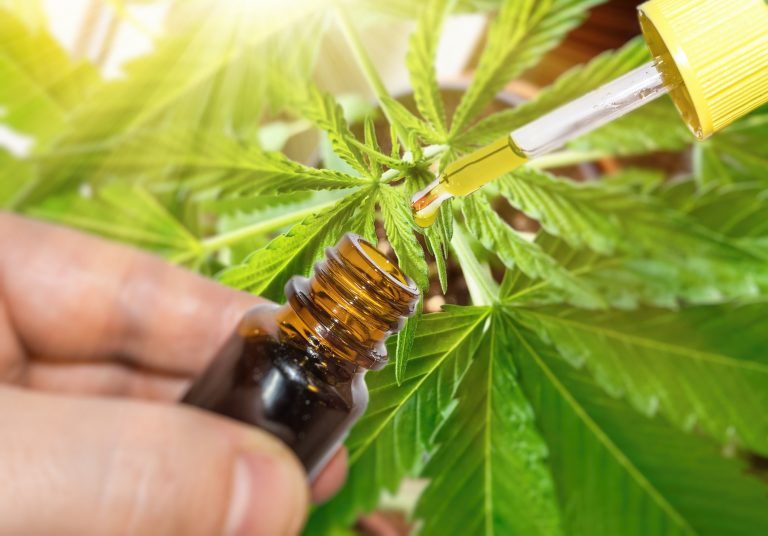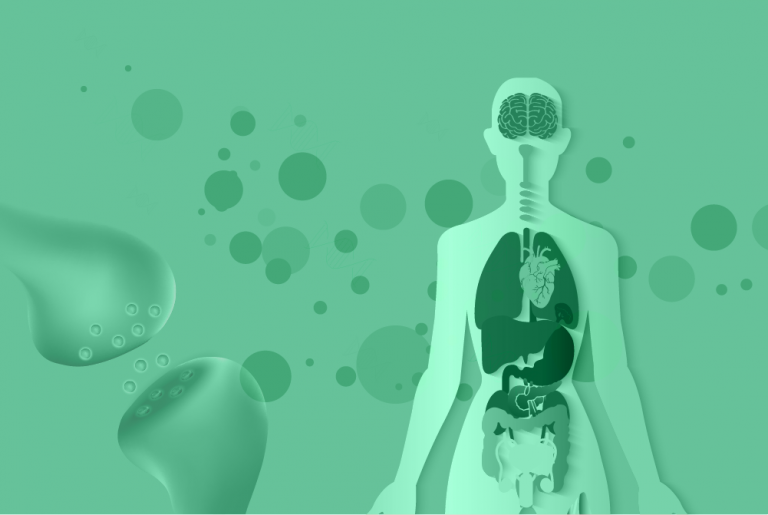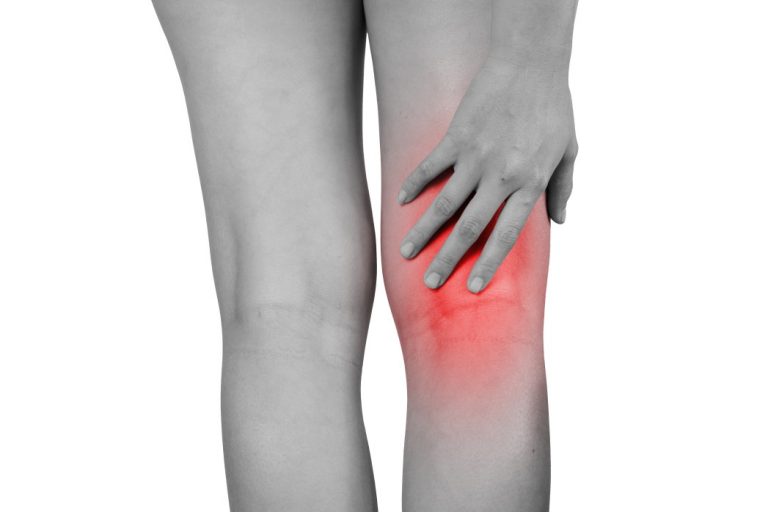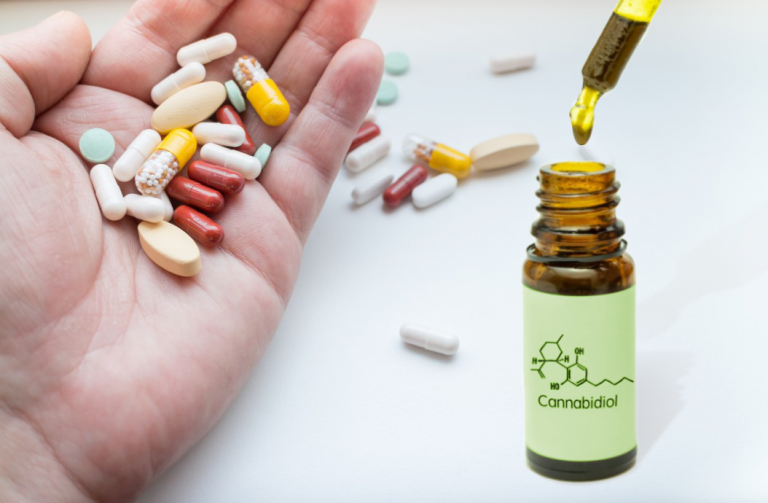CBD and cancer
Research shows that cannabis has anti-cancer effects, particularly CBD (Cannabidiol). Human trials are lacking, but animal trials show tremendous promise.
CBD works its anti-cancer effects by triggering cancer cell death through autophagy and apoptosis, preventing those cells from dividing and spreading, and preventing new tumors from growing a blood supply. CBD has been shown to inhibit a wide range of cancers including glioblastoma type of brain cancer), breast, lung, prostate, and colon cancer. Remarkably, cannabinoids selectively kill glioma cells while protecting healthy glial cells. One team of researchers wrote the following:
“With its lack of systemic toxicity and psychoactivity, cannabidiol is an ideal candidate agent in this regard and may prove useful in combination with front-line agents for the treatment of patients with aggressive and high-grade glioblastoma tumors.”
Dr. Bonnie Goldstein writes in her book “Cannabis Use for Pediatric Cancers,” about a teenager with aggressive osteosarcoma and lung metastasis for whom there was little remaining hope. She started him on a regimen of sublingual high-dose THC/CBD oil, and then had him resume his chemo. He immediately gained weight and stopped using opiates for pain. After three months of cannabis treatment, bone and PET scans revealed no evidence of disease. At the 18-month point in cannabis treatment (and one year off chemotherapy), he still showed no signs of disease and had resumed a normal life.
Dr. Goldstein shared yet another case of a toddler with leukemia who had such horrible side effects from chemo that he could not eat or sleep and was rapidly losing weight. Just a few drops of CBD/THC oil allowed him to eat, sleep, and regain his normal weight with far better tolerance of the chemotherapy.
Clearly, the cannabis plant holds great promise in our battle against cancer. While preclinical research and case reports have provided encouraging leads, human studies are sorely needed.
Reference:
- Soroceanu L et al. “Id-1 is a Key Transcriptional Regulator of Glioblastoma Aggressiveness and a Novel Therapeutic Target,” Cancer Res. 2013 Mar;
- Goldstein B. “Cannabis Use for Pediatric Cancers,” Marijuana January 14, 2017








